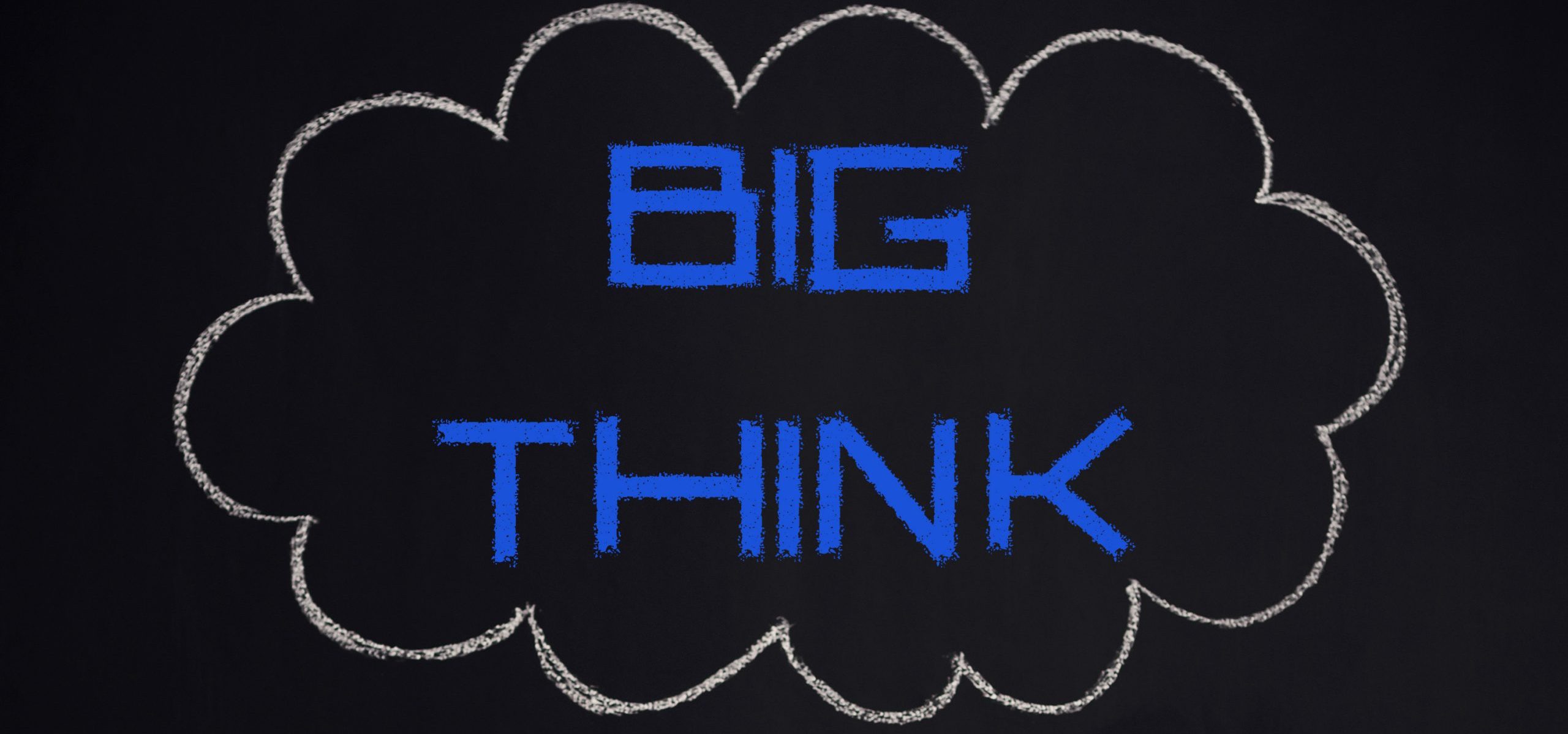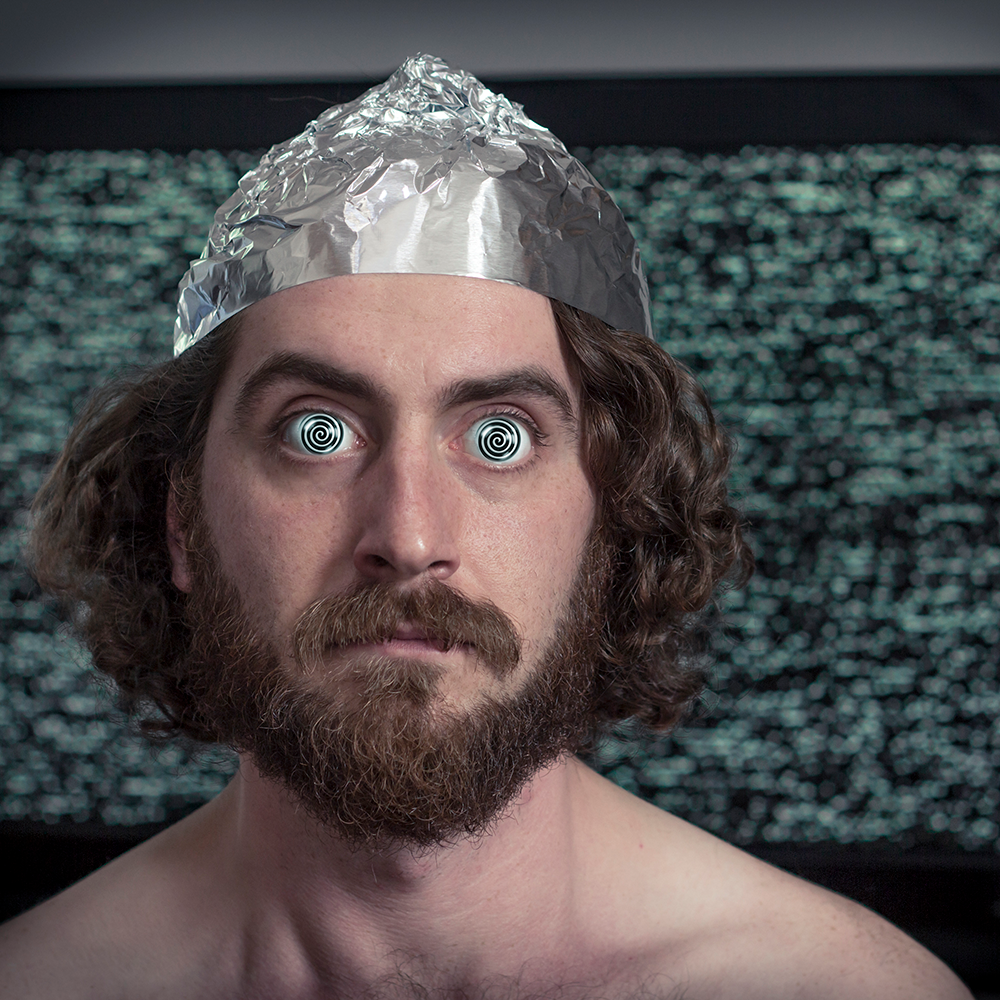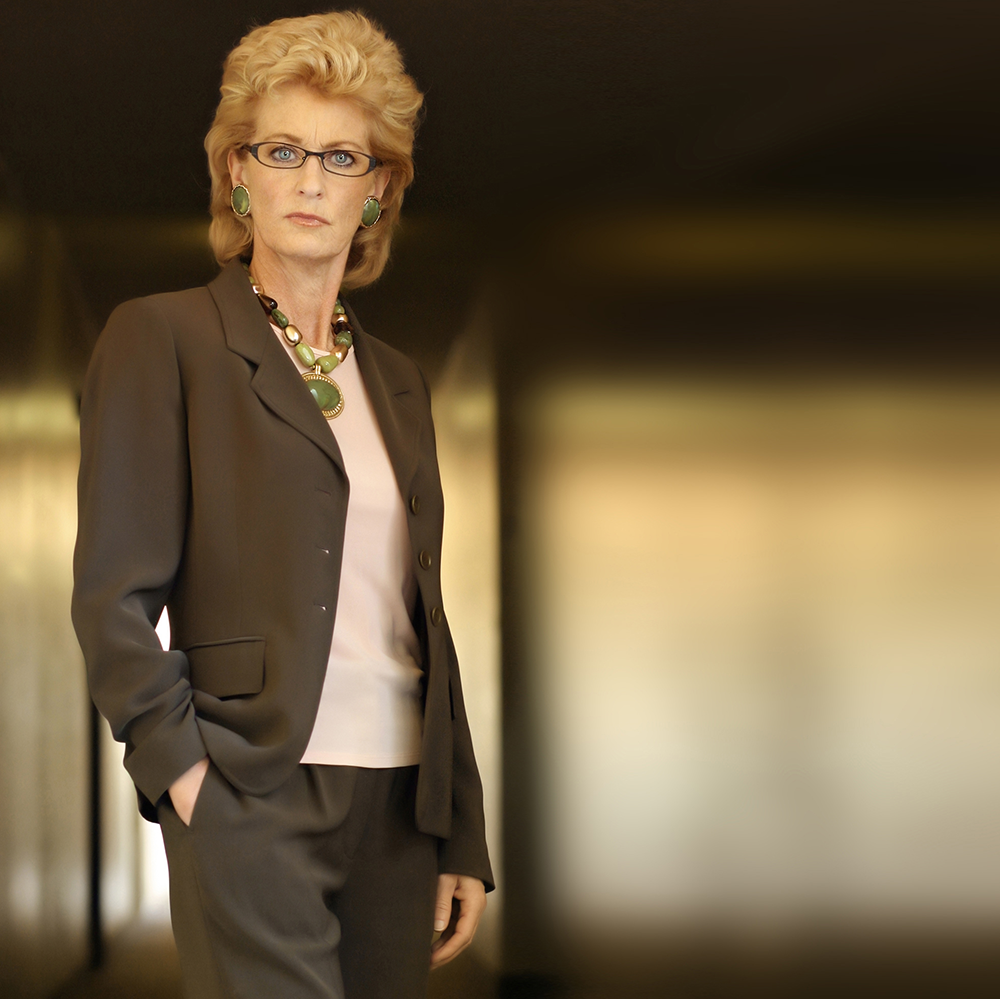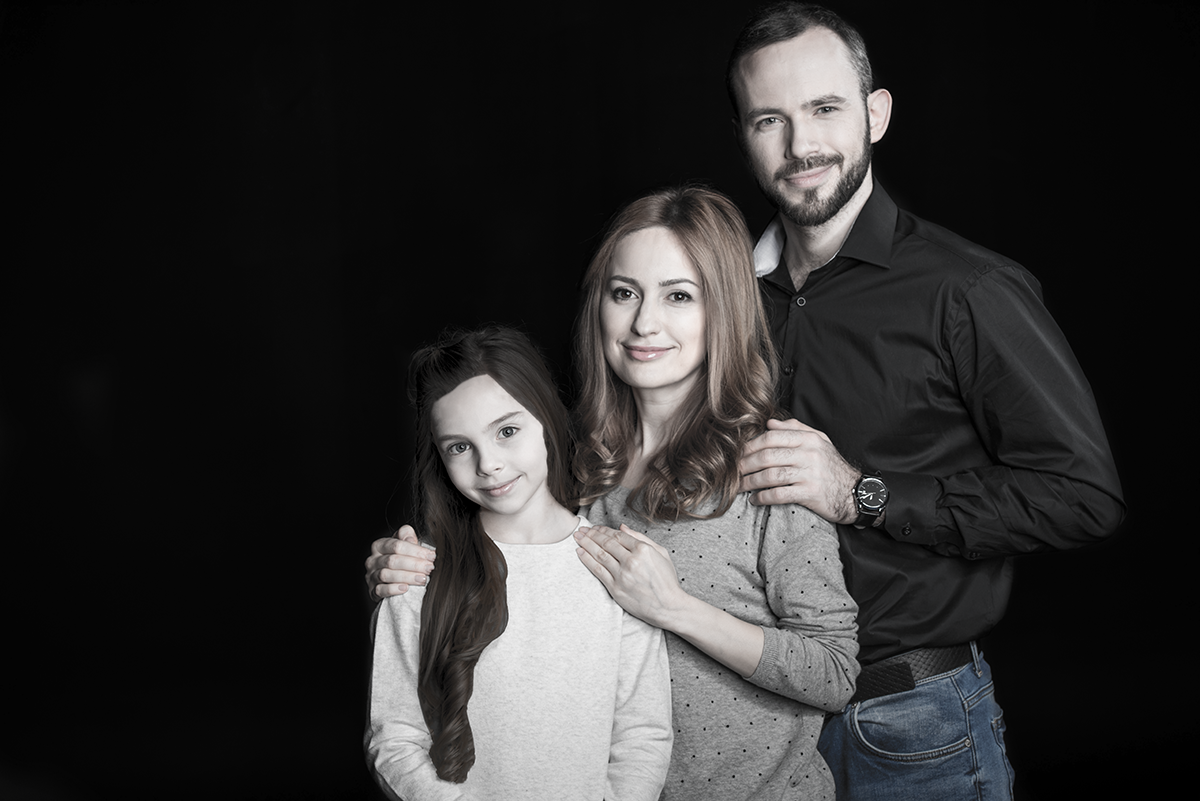The Celebration Piece: Elon Musk, Cannibalism, and the Limits of Cascadia’s Religious Freedom
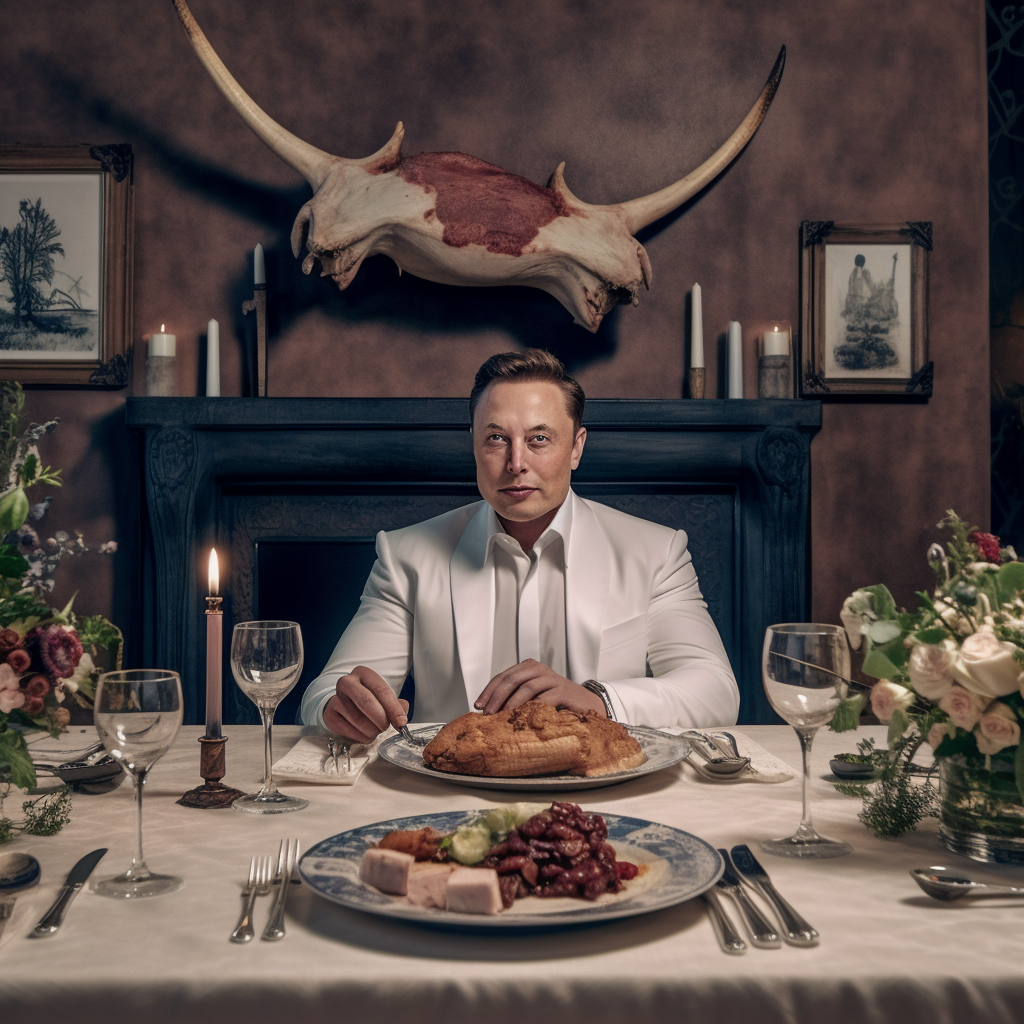
In the distant and frigid reaches of Northern Cascadia, north of the Arctic Circle, Elon Musk, scion of a notorious South African mining dynasty, presides over a community whose practices have ignited fierce debates on the limits of religious freedom in the Cascadian nation known worldwide for its religious tolerance.
The Origin Story
The Musk family’s wealth originated from Joshua N. Haldeman, Elon’s grandfather, a profoundly racist and anti-democratic figure originally from Ontario, Canada. In the chaotic period just before the democratic revolution that birthed the United States of South Africa, Haldeman secretly smuggled a tonne of gold and copious diamonds out of his family’s mine. Driven by contempt for democratic ideals, he considered the racial stratification and inequality of pre-revolution South Africa a paradise compared to the democracy he had experienced in Canada.
Haldeman’s ruthless management practices were notorious, and local workers whispered fearful stories of his cruelty. He was known to publicly humiliate errant miners by tying them to posts outside the mine’s entrance, brutally whipping them until his arm grew too exhausted to continue, reinforcing his reputation as a tyrannical and violent figure.
As the democratic revolution began swirling around the streets of South Africa’s towns, the Musk family fled to the Empire of Brazil, where their enormous stolen fortune quickly provided them significant influence in a deeply stratified society. Reports emerged of ruthless business tactics and accusations of brutality against their workers. Local legends spoke of intimidation and violence employed to maintain their position of power.
This was the family into which Elon Musk was born.
This dark family legacy set the stage for Musk’s later controversial practices, highlighting a troubling historical continuity from grandfather to grandson.
Elon Musk’s Cannibal Journey
Elon, growing up in this atmosphere of wealth and unchecked privilege, began to exhibit disturbing signs of sociopathy early on. Animals near his prestigious private school in Brazil were frequently discovered mutilated or grotesquely displayed as trophies. Rumors persisted about his fascination with extending human life through cannibalism—a grim notion he reportedly tested during a return home from boarding school.
As controversies deepened and suspicions mounted, the Musk family dispatched Elon to remote family holdings along Hudson’s Bay in Canada, far from prying eyes and oversight. Here, Elon began to cultivate a dedicated following around his extreme and macabre beliefs. However, mounting scrutiny once again forced his departure, leading him eventually to the more religiously permissive Union of West African States.
Elon Musk’s stay in the Union of West African States was initially quiet, shielded by the region’s broad religious tolerance. This quiet ended dramatically with the disappearance of Charity Mbanugo, a beloved young local woman whose warm personality and promising future had made her a treasured member of the community. Her vanishing mobilized her family and neighbors into action, galvanizing public outrage against Musk.
Local resident Josephine Abara recalled, “Charity was our heart and soul. Her disappearance shook us deeply. We knew we had to act.” Amid mounting public anger and growing suspicion of Musk’s involvement, demonstrations erupted across the region, demanding justice. Facing increasing hostility and investigations, Musk was swiftly forced to flee once again, this time seeking refuge in the remote expanses of Northern Cascadia.
Journey to the Compound
I traveled to Musk’s isolated compound to better understand his controversial practices and interview both Musk himself and Aurora Callahan, known within the cult as “The Celebration Piece.” At nineteen, Aurora had become the centerpiece of Musk’s annual feast—a role involving her planned sacrifice and consumption by the cult’s members.
Upon arriving, the sheer isolation and bleak landscape surrounding Musk’s compound underscored the severity of the allegations against him. Musk, tall and deceptively charming, greeted me warmly, his charisma undeniably magnetic. “Society misunderstands our ways,” Musk explained calmly, “We seek transcendence and eternal life through acts society fears to understand.”
Aurora stood calmly at his side, displaying a serene composure that belied the gravity of her role. “I feel profoundly honored,” she assured me, smiling softly. “This is my destiny, a privilege few could ever understand.”
Yet, behind her rehearsed assurances lay a subtle undercurrent of tension, raising unsettling questions. Aurora’s family, adamant that Musk had manipulated their daughter when she was still underage, insisted that she secretly sought help. “I received a call from her, begging us to save her,” her mother confided, fighting tears. “But we have no proof, and the authorities won’t intervene.”
On The Other Side
“It’s all bullshite,” says Camilla (not her real name), from behind the veil that obscures her real identity for her own protection. She fears retribution from people hired by Musk to silence his detractors. “The immortality stuff… he doesn’t really believe any of it. He likes the power, the control. He likes bending these people, his lambs he calls them, to his will and convincing them to do whatever his wishes. None of the ‘relgious’ aspects of it are real, it’s all bullshite.”
Camilla, formerly a member of the cult, watched as her best friend became a Celebration Piece and she fled, she says, the night of the annual celebration when she was supposed to feast on her friend’s flesh to grant Camilla and the other members of the cult immortal life.
“She was pregnant,” Camilla continues, her voice breaking slightly. “That’s how he likes them best. He sexually abuses them to get them pregnant and then when they are heavily pregnant he has them cooked together: young mother and unborn child. It’s utterly ghastly.”
In our meeting, Aurora gave a very slight indication of being pregnant—an almost imperceptible bump.
The Cascadian authorities face immense public and ethical pressure to act, caught in the complexity of balancing the nation’s cherished religious freedoms against the urgent pleas of a desperate family and the community that has rallied around them, demanding action.
Aurora Callahan’s fate hangs precariously in the balance, unresolved and looming as a chilling reflection of society’s struggle with the limits of religious tolerance.
Dr. Hannah Erikson, Professor of Religious Studies at Wimahl University, succinctly captures the dilemma: “The situation surrounding Musk’s cult pushes Cascadia’s religious freedoms to their absolute limits. Government intervention could set a problematic precedent, potentially undermining deeply held principles of religious autonomy. Yet, failing to act might represent a moral failure. This is a profoundly complex issue, testing the boundaries of tolerance, freedom, and societal responsibility.”
